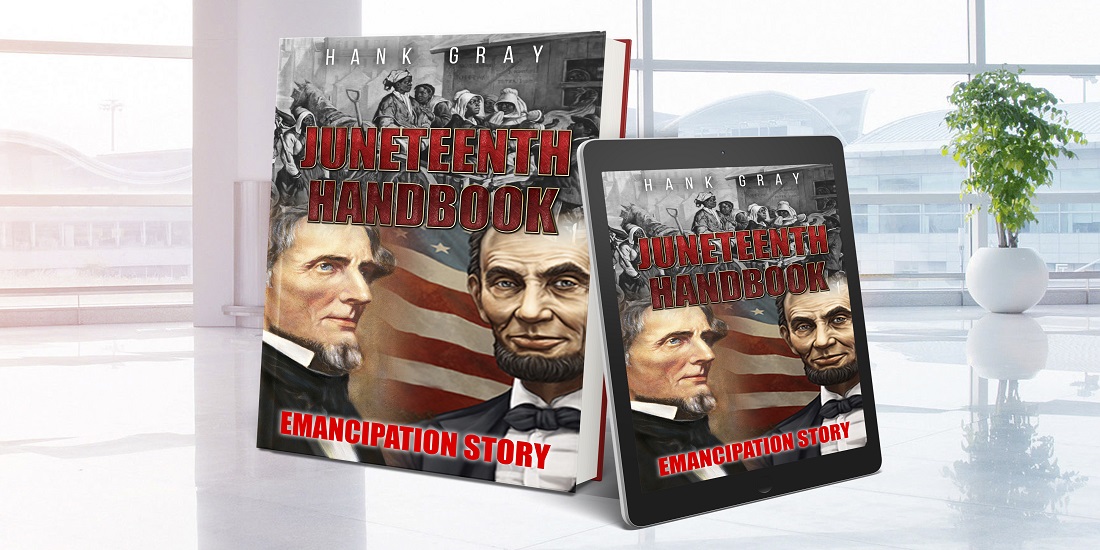In fact, it would be the pro-slavery abolitionist who would establish a small colony on the west coast of Africa and over time enlist even some anti-slavery abolitionist support. The pro-slavery merchants and slaveholders' arm of the abolitionist movement saw free slaves as bad for their business.
Free slaves offered hope to those who were enslaved so the pro-slavery abolitionist developed a drive complete with all the logistics necessary to transport free blacks to the African continent even though after over 400 years in America, African Americans, with the exception of their skin color, had very little in common with the African people.
Strangely enough, even those neither the African American nor the Africans spoke each other's language they were able to, with the help of the ACS, learn how to communicate; and over time the African Americans sent to Africa by the pro-and-anti-slavery abolitionist, American Colonization Society, would blend together and become the nation we know today as Liberia.
Anti-slavery abolitionists joined pro-slavery abolitionists in the belief that for a free-African American to truly live free the trip to African provided by the ACS was the answer.
For the most part, the anti-slavery abolitionist wanted to see slavery in American abolished and perhaps figured that the words in the constitution (All men are created equal) would be enough insurance for the African American people over 400 years separated from the African continent to live free in the land so many of their generations have been born in. Some African traditions had been held onto and passed down through the generations since the first slaves were brought to the Americas.
The anti-slavery abolitionist would remain active until the end of the Civil War maintaining the clandestine underground railroad system that ran in the direction of freedom. The pro-slavery abolitionist would be just as active because eventually, the U.S. would more-or-less ban slavery which meant that slave merchants would be forbidden from bringing in any new slaves from African.
The pro-slavery merchants and slave owners would basically ignore the slave ban and eventually form their own underground railroad to transport their human contraband. The underground railroad that was set up by the slaveholders and merchants did not run in the direction of freedom.





